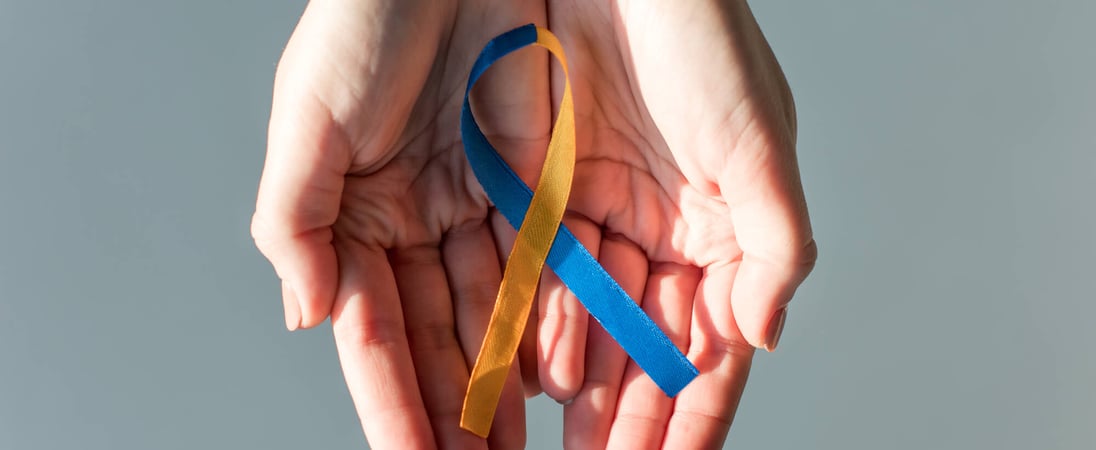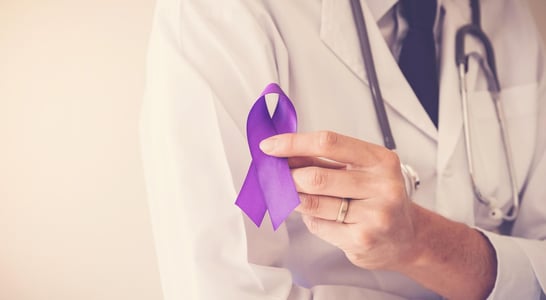
Down Syndrome Awareness Month
Donate your money or time to an organization or charity that supports those with the common disorder known as Down Syndrome, which effects 1 in 800 children.
People with Down syndrome can do anything. They just do it at their own pace. Give them a chance, and you will be rewarded beyond your greatest expectations.
Madeline Stuart
Down Syndrome Awareness Month focuses on understanding and supporting people born with a chromosomal difference involving an extra full or partial copy of chromosome 21. This difference influences development, but it does not define a person’s value, personality, or future.
Every individual with Down syndrome has their own strengths, challenges, humor, interests, and ways of expressing themselves.
For many families, life includes frequent medical appointments, school meetings, and moments of uncertainty, but also pride, laughter, and accomplishments that feel incredibly meaningful. Every experience is personal, and recognizing that individuality matters.
The Importance of Celebrating Down Syndrome Awareness Month
This month encourages communities to learn with empathy and to listen to the people who live this experience every day.
Outsiders may not fully understand the stress and responsibility involved, and that’s okay — what matters is the willingness to be supportive and respectful. Down syndrome is a disability, and using that word is not negative; disability is a natural part of human diversity.
Many people with Down syndrome bring creativity, determination, compassion, and joy to those around them. When we acknowledge their full identities and create environments where they are included and valued, everyone benefits.
How to celebrate Down Syndrome Awareness Day
If you’re looking for a way to celebrate this month long holiday, start by making a donation to your local or national Down Syndrome Awareness organization and taking part in one of their events. You can also look up on their website and listen to people’s stories, read articles about Down Syndrome, and see how you personally can get involved in the organization.Share this holiday on your favorite social media website by using the hashtag #downsyndromeawarenessmonth and let everyone know what day it is today.
In a addition, here are five meaningful ways to honour the month of awareness for people with Down syndrome — each idea keeps things simple, respectful and uplifting.
Educate Yourself and Others
Take a little time to learn what it means to live with a chromosomal condition like Down syndrome. Start conversations in your home, school or workplace that centre on respect and understanding. Access trusted resources that use language centred on people first, as recommended by advocacy groups.
Share Personal Stories and Voices
Give space to individuals with Down syndrome and their families to share their accomplishments, interests and journey. When you spotlight real experiences you help shift attitudes from “different” to simply human. The month is used to celebrate persons with Down syndrome, not just raise facts alone.
Wear Symbols of Solidarity
Choose colours or accessories that signify your support — for example blue and yellow have become recognised symbols of this awareness. By doing this you prompt gentle conversations and deepen visibility for the community.
Volunteer, Donate or Get Involved Locally
Find a local organisation that supports people with Down syndrome and offer your time or skills. Whether supporting events, offering your professional expertise, or making a donation, your contribution helps strengthen inclusive communities.
Advocate for Ongoing Inclusion
Encourage practices in schools, workplaces and public life that ensure people with Down syndrome are included—not just during one month—but year-round. Push for settings where abilities are acknowledged and opportunities are equal.
History of Down Syndrome Awareness Day
Down Syndrome Awareness Month grew from efforts in the early 1980s. At that time, advocacy groups wanted a dedicated period to highlight people with this chromosomal condition and encourage inclusion. The National Down Syndrome Society (NDSS), founded in 1979, played an important guiding role. Families, community members, and self-advocates worked together to promote understanding and recognition.
In 1984, leaders from these groups gained support from national officials in the United States. That year, President Ronald Reagan issued a presidential proclamation declaring October as the period for acknowledging people with Down syndrome and encouraging public support. This formal announcement helped the observance gain visibility across schools, workplaces, and community spaces. It also encouraged more open conversation about disability rights, education access, and healthcare needs.
After that point, many local organisations, family networks, and individuals expanded the observance. Community walks, public talks, art events, and educational campaigns began to appear in towns and cities.
The observance soon spread beyond the United States to other regions, each adapting it to local cultures and needs. Today, the observance continues to offer space for learning, listening, and uplifting real voices. It reminds the public that Down syndrome is a disability, not a limitation of worth, and that every person deserves respect, opportunity, and belonging.
Also in ...
View all holidaysInternational Coffee Day
Give your business to a local coffee shop, sign up for a coffee subscription, or try making a new kind of coffee at home with an espresso machine of some kind.
National Homemade Cookies Day
Cookies are fun and easy to make, so why not bake a batch to enjoy and share with family and friends on National Homemade Cookies Day!
We think you may also like...
National Cancer Survivors Day
Join an organization or event to celebrate those who have fought or are fighting their battle against cancer, and raise awareness of the struggles they face.
National Epilepsy Awareness Month
Shining a light on a condition that deserves more understanding, helping break down barriers and stigma, and showing support for those affected.








